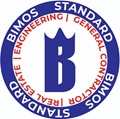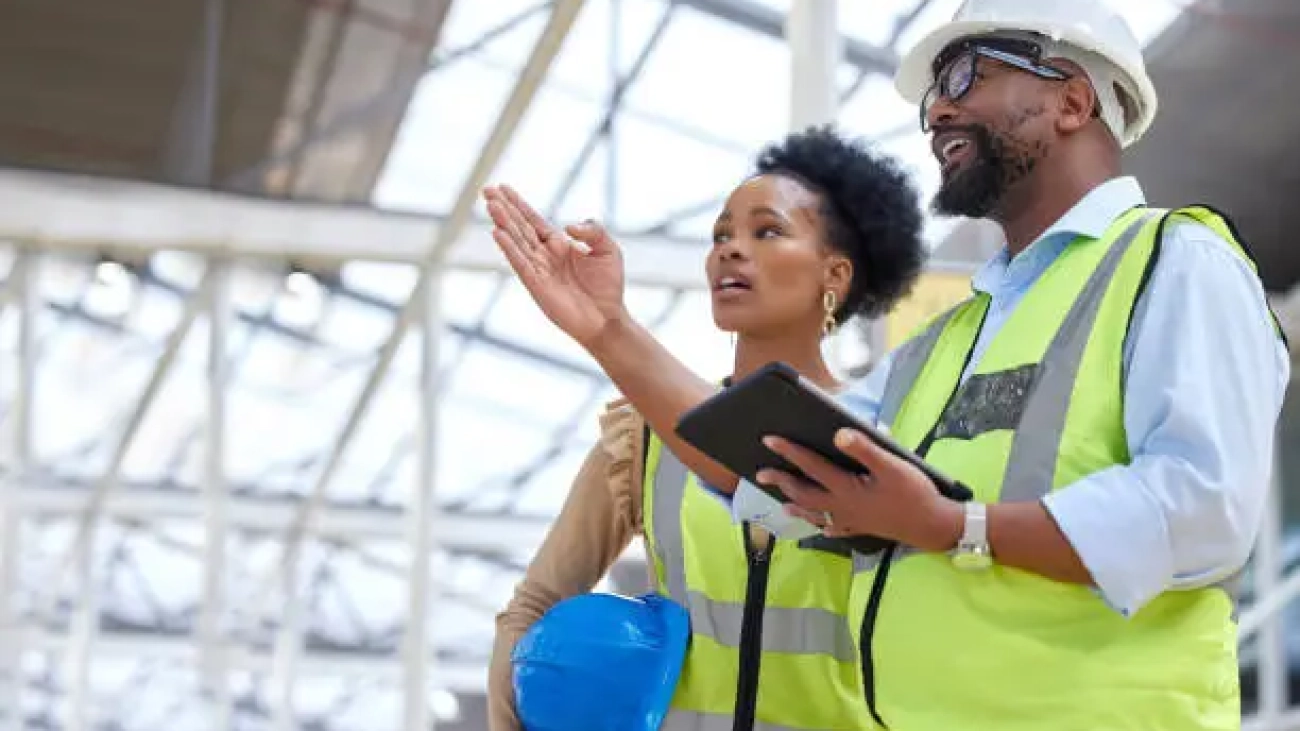Introduction:
Hiring an engineering contractor is a decision that can either set your project up for success or lead to costly setbacks. Whether you’re developing a residential estate, constructing a road, installing electrical systems, or managing a major infrastructure project, your contractor plays a vital role in determining the quality, safety, and timely delivery of the work.
In Nigeria’s fast-evolving construction and engineering sector, selecting a reputable and capable contractor requires more than just comparing prices. It involves asking the right questions — and getting the right answers. Here are five essential questions to guide your decision before hiring an engineering contractor.
1. Are They Licensed and Properly Insured?
Why this matters:
A licensed contractor has met the legal and professional standards required to operate in Nigeria. This not only protects your project but ensures that you’re dealing with a legitimate entity.
What to check:
- CAC (Corporate Affairs Commission) registration
- COREN, NSE, or other relevant regulatory body licenses
- Valid insurance covering liability and worker safety
- Certifications for specific engineering services (e.g., electrical, civil, mechanical)
Pro Tip: Bimos Standard Nigeria Limited is fully registered, insured, and certified — giving clients complete peace of mind before a single brick is laid.
2. Do They Have Relevant Experience in Your Project Type?
Why this matters:
Engineering is broad, and not every contractor has experience in the specific area your project falls under. Hiring someone who specializes in what you need ensures they can foresee potential challenges and deliver efficiently.
What to ask:
- Have you completed similar projects in size, scope, or industry?
- Can you walk me through your process and lessons learned on similar jobs?
- What types of engineering services do you specialize in?
Pro Tip: At Bimos Standard, we bring hands-on experience in civil, mechanical, and electrical engineering projects—ranging from housing estates to industrial facility installations.
3. What’s Their Approach to Quality Control?
Why this matters:
Poor engineering work leads to structural failure, rework, and wasted investment. A reliable contractor should have a clear quality management system that governs materials, workmanship, and safety at every phase of the job.
What to ask:
- Do you follow national and international engineering standards?
- What materials do you use, and how do you verify their quality?
- Who conducts site inspections and approvals during construction?
Pro Tip: Bimos Standard maintains a strict quality assurance protocol, employing only certified engineers and vetted suppliers for all materials. Our site inspections, documentation, and milestone approvals ensure no corners are cut.
4. Can They Provide References or Case Studies?
Why this matters:
A company that delivers consistently will have no trouble showcasing past projects and sharing testimonials from satisfied clients.
What to ask:
- Can I speak to a few past clients or see recent project photos?
- Do you have documented case studies showing how you solved problems or met tight deadlines?
Pro Tip: At Bimos Standard, we let our work speak for itself. We provide case studies, photo evidence, and direct client references that demonstrate our ability to execute successfully across various sectors.
5. How Do They Handle Timelines and Budget Adherence?
Why this matters:
One of the biggest complaints in the construction industry is delayed projects and cost overruns. A trustworthy contractor has a proven system for managing time and finances responsibly.
What to ask:
- How do you track progress and communicate updates?
- What happens if there’s a delay or budget change?
- Do you offer a project timeline with milestones before starting?
Pro Tip: At Bimos Standard Nigeria Limited, we pride ourselves on on-time, on-budget delivery. Through detailed planning, transparent billing, and project monitoring tools, we keep you in the loop and your project on track.
Conclusion:
Don’t leave your infrastructure or property development project to chance. The right contractor will not only execute your vision but will enhance it with professionalism, innovation, and unwavering commitment to excellence.
At Bimos Standard Nigeria Limited, we’ve built a reputation across Nigeria for delivering top-tier engineering and construction solutions with integrity and precision. Whether you’re a private client, government agency, or corporate investor, our team is ready to help you build better, smarter, and faster.
📞 Let’s start your project today — visit www.bimosstandard.com or contact us for a free consultation.
Trust Bimos. Build the Future.



